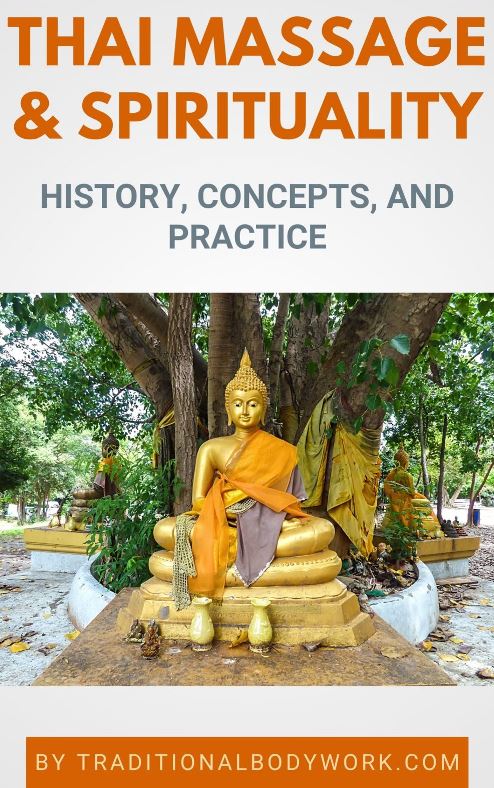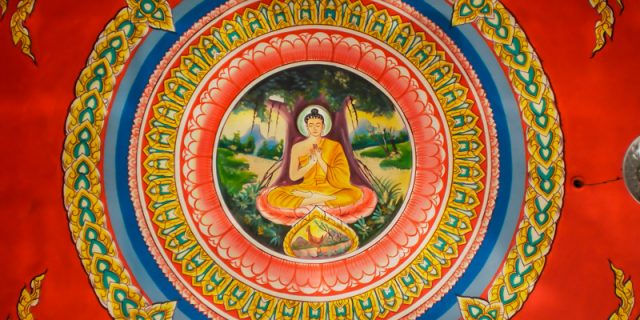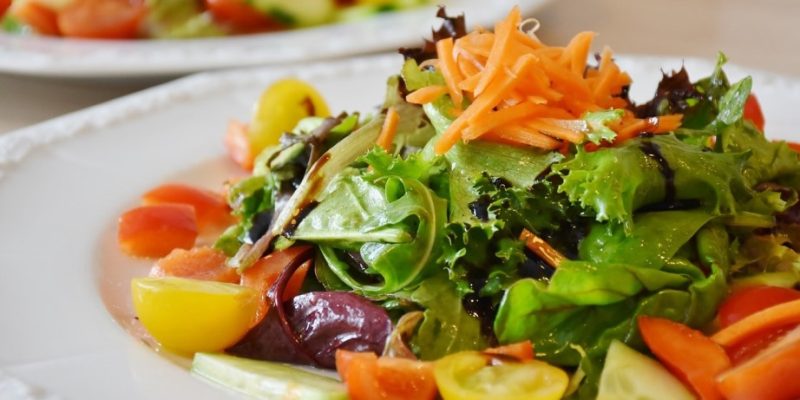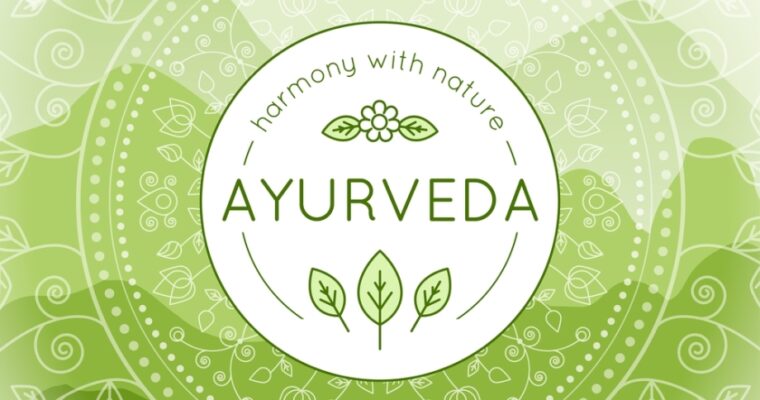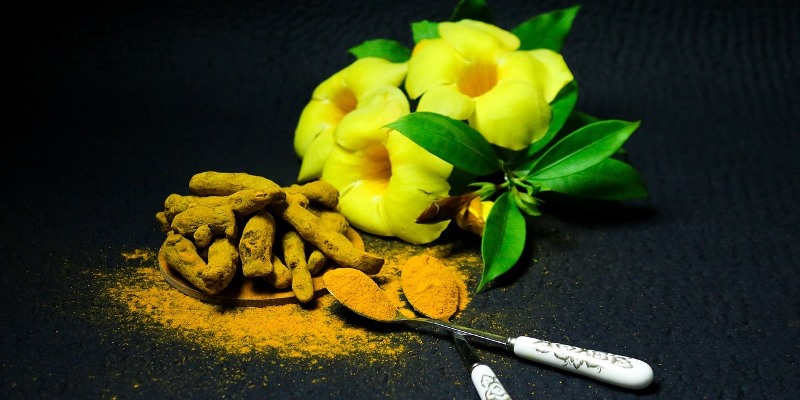
Nowadays, the phrase You Are What You Eat usually points to the fact that it’s important to eat good food to be and stay healthy. Of course, what exactly “good food” is, is highly debatable, and subject to constant change.

But … this post is not about that. Instead, we’re going to take a look at the spiritual relationship between taking in nutrition — food, drinks, medicines, and herbs — on one side, and the way consciousness manifests itself on the other side.
The importance of “right food” was already stressed in ancient Indian Ayurvedic practices where so-called Sattvic food was thought to be an essential part of Yoga and Meditation. Food with Sattva qualities is supposed to bring about pureness, vitality, energy, higher states of consciousness, and truthfulness, among other desirable properties. Sattvic eating — which is mostly vegetarian — is seen as a prerequisite to come to proper meditation and subsequent insight in life, the world, and ourselves.
Slightly different, but ultimately with the same goal, are Buddhist food offerings to monks during their alms rounds. Those offerings aim at accumulating so-called merit for a better rebirth in the cycle of reincarnation, progress towards Enlightenment, and for cleansing and purifying the mind. In fact, these practices are done because of the beneficial transformational effects they have on the mind.
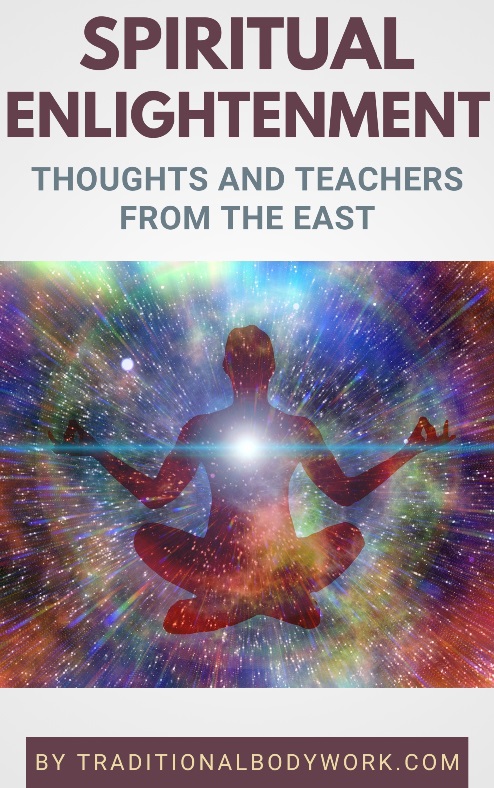
In any case, that food influences our consciousness is not hard to prove — just drink a bottle of whiskey or smoke a joint and you immediately notice that your consciousness changes. Food can make us feel happy, sad, clear, energetic, lazy, irritable, make us “see things,” and so on.
Moreover, without taking in food over a longer period, our consciousness perishes — we lose consciousness. It’s an important reason why in many cultures food is seen as something sacred. For example, in many countries it’s good custom to immediately and generously offer food when someone visits you (even if you don’t like the person).
We see “food offerings” in various religions such as Buddhism, Hinduism, Catholicism, Judaism, among others. It’s a sacrificial offering in food form — mostly done at special moments and/or at sacred places — dedicated to the Gods. As it is, even the deities and spirits need food to be functional and appeased. Anyway, these offerings are of course symbolic and basically done to purify our own hearts and minds.
The food we eat both designates and changes the content of our consciousness. In fact, the development and growth of any conscious living being — from conception to birth and finally to death — is constituted by food. In this context, we also need to realize that consciousness is not different — or at best, the other side of the coin — from the content of consciousness. Pure, empty consciousness alone is not possible, because consciousness is always “being conscious of something.”

However, that consciousness (including its content) appears against an empty background must be assumed necessarily, because any given thing can only become into existence against a background of non-existence — the milky ways, planets and stars need empty space to be and become, all living bodies need space to develop and function, and consciousness and its intrinsic objects need a “blank screen” to arise and subside.
Whatever nutrition we take, this empty background — this all-present space — is never affected or touched, only consciousness is. The whole point of dietary regimes in mindfulness and spiritual practices, is to make sure that body and mind grow and function optimally, naturally, being apt to meditate and contemplate in order to come to a state of mind of undivided consciousness. Undivided in that sense that the separation between the seer and the seen, subject and object, consciousness and its content is annihilated, that is, seen for what it is — duality appearing in all-pervasive non-duality.
You Are What You Eat applies to what we are as body and mind, our consciousness and its content, but never to that wherein consciousness arises and subsides. Understanding that, “seeing” that, “becoming” that empty all-embracing space, seems to be the ultimate goal of Enlightenment or Self-Realization practices.

